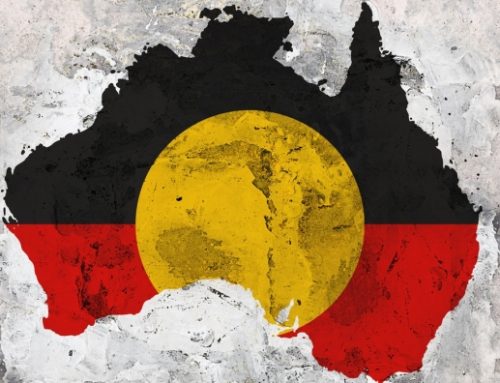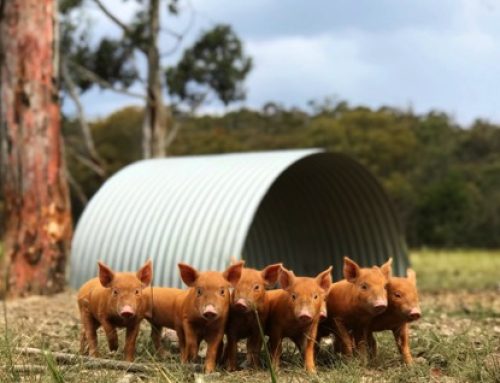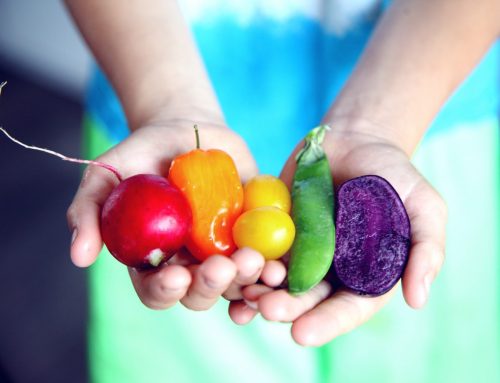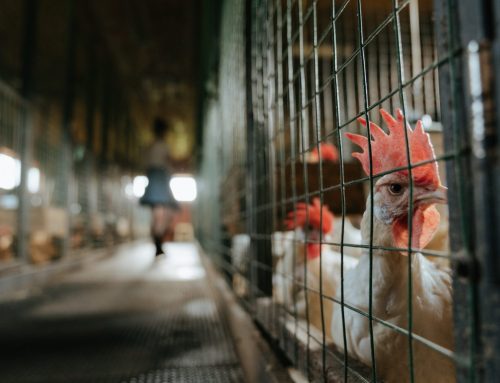Reviewed by Jennifer Richards
We all need stories and narratives to help us make sense of the world. Fair Food is a collection of the personal stories of regular people who live out the change they want to see in the world around them. It is the primer for anyone wanting to jump into Australia’s Fair Food movement. Edited by AFSA’s National Coordinator, Nick Rose, it operates as the handbook to the food sovereignty movement in this country.
It outlines how the seed of an idea, if watered by imagination, hard work and lots of long conversations over lunch, can grow into a movement for social change.
At a glance it outlines both the players who have brought the food sovereignty movement to the place it is now and their collective and individual achievements.
After enthusiastic forewords by chef Guy Grossi and concerned eater/Rugby player David Pocock, Rose allows each individual to tell their own story in their own words. It is the breadth of experience in these pages that is inspiring. Farmers, academics, home-makers, eaters, policy-makers and permaculturalists fill these pages with their own variations on a common theme: A realization that there is something desperately wrong with the food system then a determination to forge a path to change it in their own way.
The stories document both the hardship and hope involved in the little steps that make up the larger movement. Inaugural AFSA president Michael Croft gives an account of stepping from his farm straight into the dizzying world of international food politics. Tammi Jonas charts her journey from a Twinkie-munching kid through politico-vegetarianism to her place as farmer, ‘activist omnivore’ and current AFSA president. Kristen Larson tells her story of becoming so disillusioned with the slow pace of change she broke out and started building open-source software resources to serve the greater goal of change. Carol Richards gives her perspective as an academic; Fran Murrell speaks as a GM campaigner; Cat Green is a radical homemaker passionate about her role in her community. Social entrepreneur Robert Pekin, permaculture expert Angelo Eliades and farmer Charles Massey are the other voices in this fair food chorale, the whole of which is greater than the sum of its parts.
In his introduction Nick Rose makes the point that for many of these players food-activism is the place they choose to concentrate their efforts because it is an area where so many social inequities are present.
What they really want is wide-spread social change into a fairer, more equitable world.
While I love the optimism associated with this ideal, I couldn’t help but wonder whether the revolutionary aspect of this might limit the wider appeal of these stories. Do I have to, I wondered, follow Cat Green’s amazing example and roll my own oats and produce my own honey to be effective in bringing about change? Would that idea appeal to enough of the vast numbers of people who would need to change from mindless consumers to active food citizens to have a real impact on the system? Is there a middle ground I can emulate or does such compromise just reinforce the injustices of the system? Green certainly believes that it is impossible to be ethical in an unethical system and the majority of other writers have come to that conclusion too.
Fair Food demonstrates the impact that individuals can have when they are seen as part of the wider push for change. If you are looking for your path in food activism in this country or if you need a snapshot of the Australian Food Sovereignty movement, this book will provide both insight and inspiration.
Fair Food: Stories from the Movement Changing the World is published by University of Queensland Press. Available now.
Jennifer Richards writes about sustainable food, ethical eating and supermarket-free shopping at Beyondthetrolley.com




